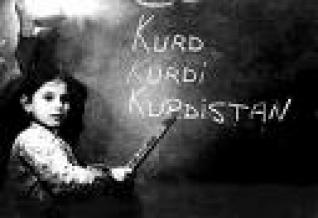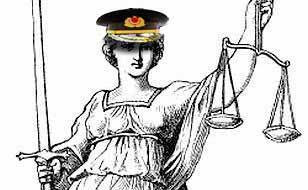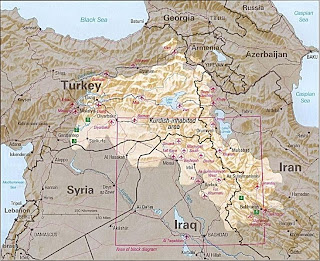74 years ago 04 May 2011:Dersim Genocide ...

(...) Τhousands of Alevi Kurds[2] and Zazas were killed and thousands more forced into exile, depopulating the province. A key component of the Turkification process was the policy of massive population resettlement, a result of the 1934 Law on Resettlement ('İskân Kanunu' Law No.2510, 13 June 1934) [3] , a policy targeting the region of Dersim as one of its first test cases with disastrous consequences for the local population.[4] Three types of resettlement zones were defined in the resettlement law as follows: districts to be evacuated for health, economic, cultural, political and security reasons and where settlement was forbidden; districts where the population was to be transferred and resettled for the purposes of assimilation to Turkish culture; and, districts where an increase of the population having 'Turkish culture' was recommended. (...) (1) Tens of thousands of people were slaughtered by Turkish army to suppress the Dersim Rebelli




